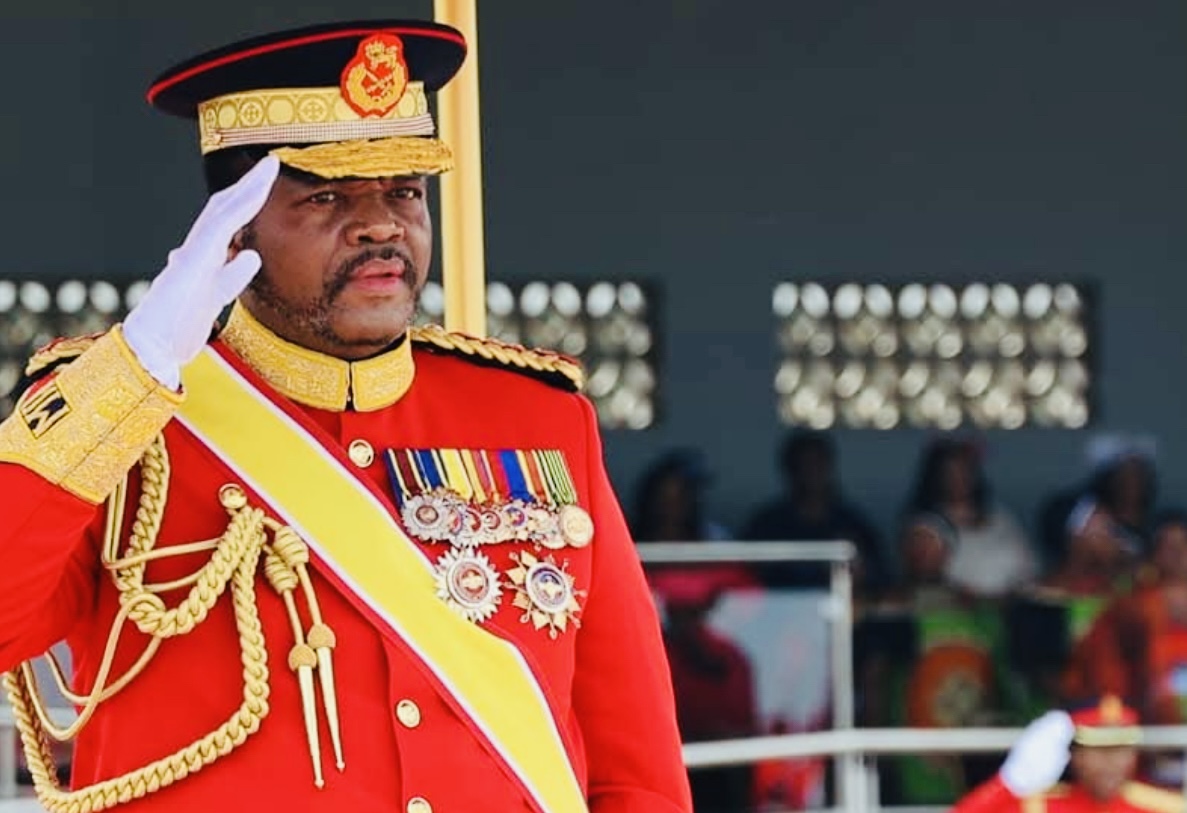Tinkhundla is a product of a royal decree issued by the late King Sobhuza who banned political parties and assumed Executive authority and therefore, it has absolutely no intersection or convergence with democratic principles.
Prime Minister Russell Mmiso Dlamini recently travelled to Belgium-Brussels to attend the 3rd Annual Meeting of the Global Council for Political Renewal(GCPR) and, there were reports suggesting that, he went there to lecture the world about the Tinkhundla system of Governance.
In 1973, King Sobhuza banned political parties and the Tinkhundla system was established in 1978 after the international community condemned him for ruling a country without a Parliament that should be a product of democratic elections.
So between 1973 and 1978, there was no Parliament in this country, Sobhuza was the Executive, Judiciary and Parliament and this means, he was appointing his Prime Minister, enacting or interpreting laws and subjecting emaSwati to kangaroo trials mostly, through his traditional courts or Councils(emaBandla).
But between 1968 and 1973, there was democracy in eSwatini, Prince Makhosini was a democratically elected Prime Minister after the royal Imbokodvo National Movement(INM) won elections, Sobhuza subsequently banned political parties after his political party lost three(3) seats to the Ngwane National Liberatory Congress(NNLC) and started to question and hold the Monarchy accountable inside Parliament.
Tinkhundla was then established under a hostile political environment of dictatorship, political activists that include Dr. Ambrose Zwane of the NNLC were persecuted and arrested under the sixty(60) Days Detention Without Trial Order.
King Mswati inherited the absolute powers from his father Sobhuza who masterminded the current dictatorship Tinkhundla system under an absolute Monarchy.
But the subsequent establishment of the Tinkhundla system of Governance was intended to pool the wool in the eyes of the international community so that, the world could perceive eSwatini as a democratic State.
The mere fact that, Tinkhundla is always refereed to as a “unique democracy” demonstrates the political guilty conscience of knowing the fact that, this system is far from being democratic.
In this country, there’s no media freedom, independence of the Judiciary and,Parliament is restricted from holding the Executive and the institution of Monarchy accountable and this, violates the fundamental values and principles of democracy.
Indeed, a system of governance that violates the principles of transparency and accountability while undermining basic human rights particularly, the people’s right to vote and form a Government, cannot be democratic.
Under the ruling Tinkhundla system, emaSwati are only allowed to vote for Members of Parliament(MPs), Tindvuna Tetinkhundla and Bucopho and thereafter assemble inside Sibaya at Ludzidzini Palace for “kubhunga” thinking they are contributing to the country’s decision making process.
After “kubhunga”, the ruling Dlamini royal family will hold a private meeting ‘endlini ka-Gogo’ to discuss and agree who must take over as the new Prime Minister among themselves, some call this a unique democracy where one family imposes political decisions including a PM over emaSwati.
Tinkhundla is a dictatorship regime and a product of a royal decree, there’s no way a political wolf could suddenly change and become a sheep.
King Sobhuza introduced a ‘wolf’ when announcing Tinkhundla, he told emaSwati that, the ‘wolf’ would be gradually changed through reforms until it becomes a sheep, in siSwati he referred to the process of reforming Tinkhundla as “kuchola sicholo saMakoti”.
We watched videos, emaSwati who were present inside Sibaya at Ludzidzini Palace at the time, shouted “Beyethe Wena Waphakati” but, over fifty(50) years later, the process of changing or reforming the wolf into a sheep is ongoing and, the journey goes through a rough political road with potholes than smooth surfaces.
But there’s no way Tinkhundla could be reformed, this system must be overthrown and replaced with a multiparty system where the people will, whether collectively or in their individual capacity have the powers to elect and form a Government.
Buying a ‘political make-up’ in an attempt to decorate Tinkhundla system so that it could be perceived as democratic in the eyes of the world, will never work because unlike natural beauty, a make-up by its nature, is temporary.

King Mswati(pic:Gov).
